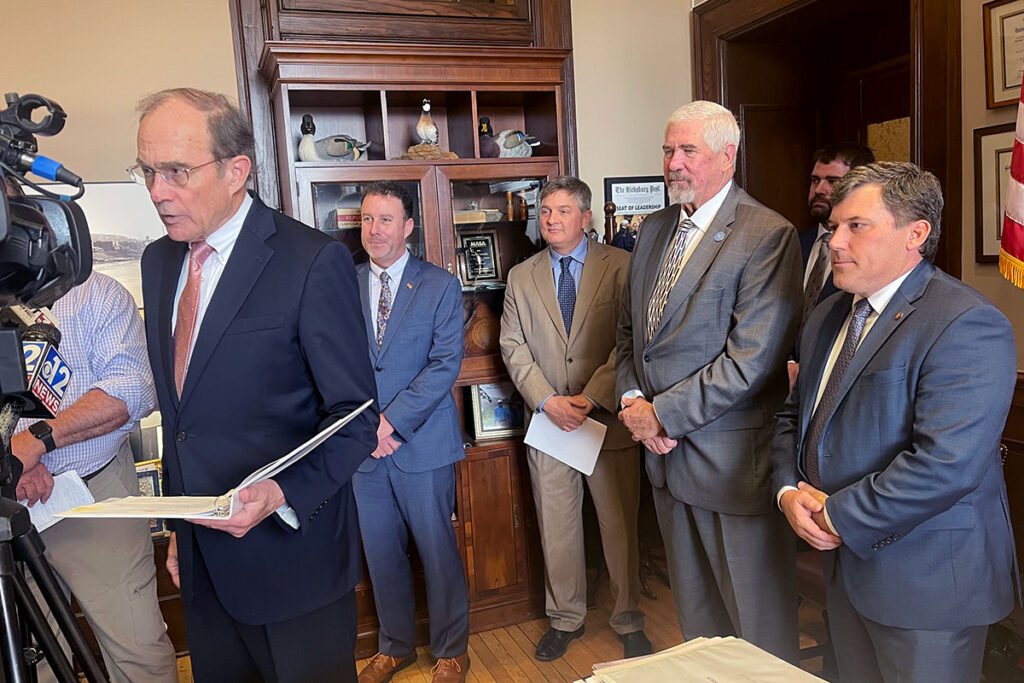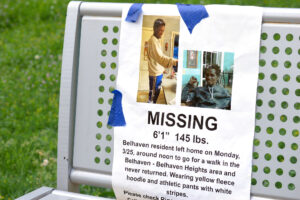JACKSON, Miss.—Struggling Mississippi hospitals will receive millions in financial aid starting in July 2023 if lawmakers pass Senate Bill 2372 and the governor signs it into law, Lt. Gov. Delbert Hosemann said at a press conference on Jan. 18, 2023.
Sen. Kevin Blackwell, R-Southaven, is sponsoring the bill, which would establish the Mississippi Hospital Sustainability Grant Program. The lieutenant governor described it as a short-term boost for financially strained hospitals across the state. Mississippi State Health Officer Dr. Daniel Edney told lawmakers in November 2022 that 38 rural hospitals, or about 54% of all rural hospitals in the state, are in danger of financial collapse.
“We’re proposing an $80 million infusion into rural hospitals based upon their bed count, whether they’re critical access, do they have an emergency room—those kinds of things will be part of the allocation of these resources,” Hosemann said Wednesday.
The bill requires each hospital receiving the funds to submit a report to the lieutenant governor and the Mississippi speaker of the house describing the “overall patient census” by Dec. 1, 2023.
“It will require them, the hospitals themselves, to give us back information on who they’re serving and what services they are rendering,” Hosemann said. “And that’s really important for the long term.”
Medicaid Expansion Not In Plan
“The lack of access to health care for many Mississippians is currently a crisis” that “is getting worse,” the Mississippi State Medical Association said in a Jan. 3 press release.
The association said hospitals are failing because the State has refused to use federal funds to expand Medicaid, citing a “sizable gap that exists for working Mississippians who cannot afford private insurance, yet whose income is too much to qualify for Mississippi Medicaid.”
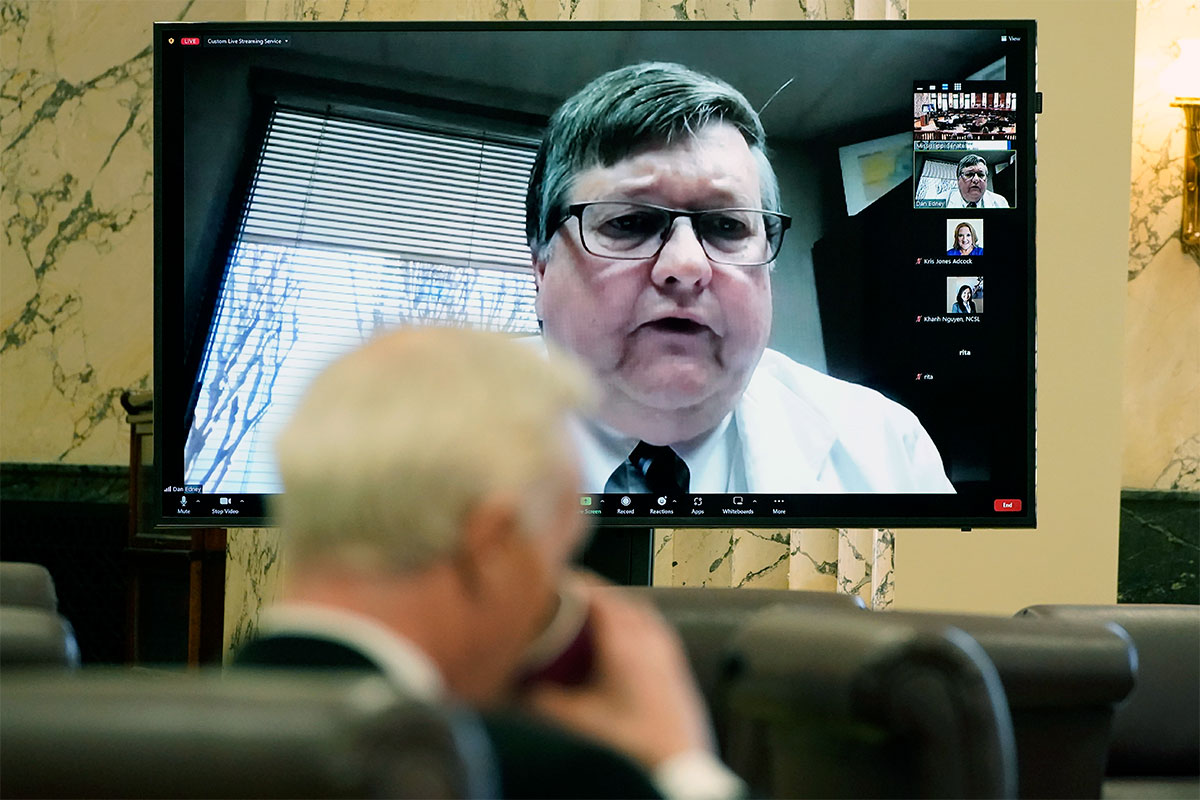
Because hospitals are required to treat people who do not have insurance and who cannot afford to pay for services, they face financial difficulties “that even the most successful private business couldn’t handle,” MSMA said.
If the State expanded Medicaid, between 100,000 and 300,000 low-wage working Mississippians could gain coverage, estimates show. Experts say that could significantly lessen the burden on hospitals.
“An overhaul of Mississippi’s current system of health care is unmistakably essential,” MSMA said in its Jan. 3 press release.
Mississippi is one of just a dozen states that have declined to expand Medicaid. Despite representing less than a quarter of the country, states that refused to expand Medicaid accounted for 74% of all rural hospital closures between 2010 and 2021, an American Hospital Association report found last year.
A new Mississippi Today/Siena College poll released yesterday found that about 80% of Mississippi voters believe the State “should accept federal funds to expand Medicaid,” including 70% of Republicans and 95% of Democrats. The poll, conducted between Jan. 8 and Jan. 12, included 821 registered voters and had a margin of error of +/- 4.6%. Past polls have found smaller majorities in favor of expansion.
During an interview with WDAM earlier this week, Republican Gov. Tate Reeves repeated his longtime opposition to what he calls “Obamacare expansion,” referring to the fact that the funds for Medicaid expansion come from the Patient Protection and Affordable Care Act, which former President Barack Obama signed into law in 2010.
Hosemann has expressed support for some form of Medicaid expansion in the past, but said on Wednesday that he does not see it as a legislative option this year. “We’re focusing on the issues that have come up with rural health so significantly,” he said.
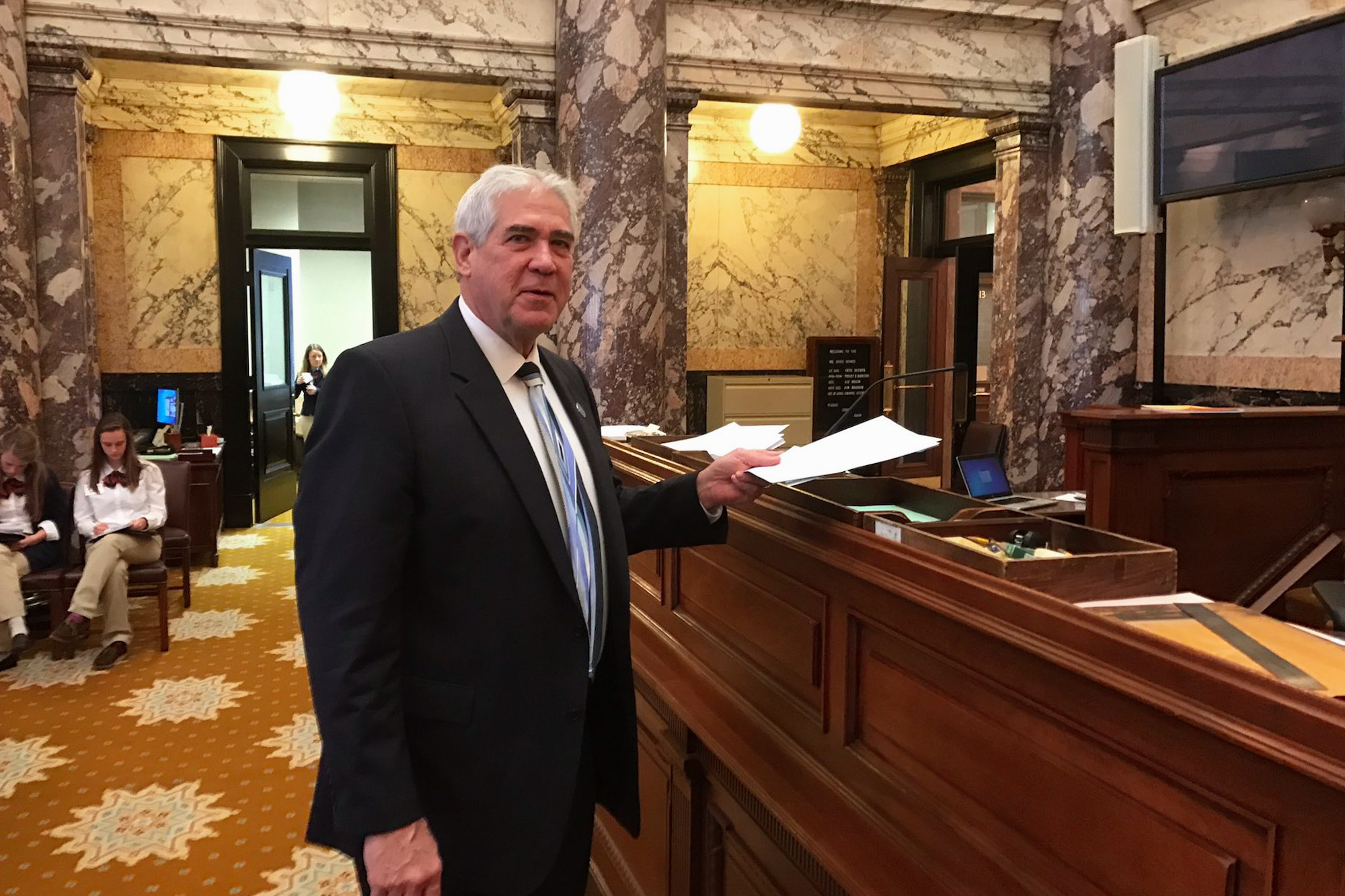
Angela Ladner, the executive director of the Mississippi Psychiatric Association and the Mississippi Oncology Society, joined colleagues in the Mississippi Capitol Building this morning to observe Mississippi State Medical Association Day. She told the Mississippi Free Press that expanding Medicaid would benefit many in the state.
“I think there are a lot of people that fall into a gap where their income is not enough to fully fund an appropriate and necessary health-care option for their entire family,” she said. “And so I think then where we need to be looking at is, are we able to fill some of those gaps?”
She noted that concerns Medicaid expansion opponents have expressed, such as the idea that the federal government may not continue funding it, have not materialized in other states that expanded the program. Mississippi has given up more than $10 billion in federal Medicaid expansion funds over the past decade.
“And now we find ourselves delayed in the opportunity to serve more of our population by not doing an expansion,” she said. “However, I do also understand that we have a lot of people that feel that we don’t need to expand. And so the concern there is, are we actually serving the people that need the most help?”
Addressing The Nurse Shortage
At yesterday’s press conference, Hosemann reiterated his concerns about rural hospitals in Mississippi.
“During a whole series of discussions, both with hospital administrators, patients and different parts of the State, we have come to the conclusion that there needs to be significant positive changes in order to provide our citizens with the necessary rural help,” he said.
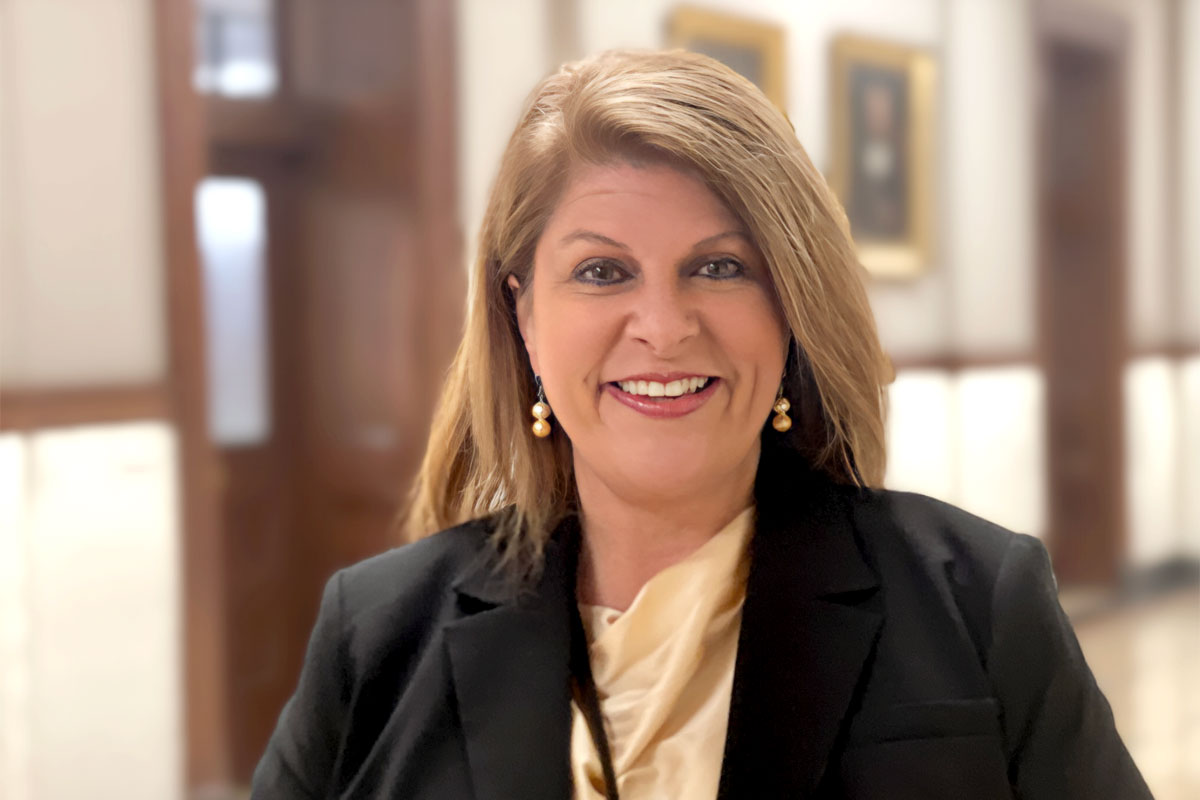
Hosemann cited other bills currently in legislative committees that he said lawmakers have geared towards supporting the state’s health-care system. New nursing graduates from Mississippi schools who choose to work in the state will receive $6,000-per-year in education loan repayment assistance, for up to $18,000 over three years, if Senate Bill 2373 becomes law. Mississippi Sen. Rita Potts Parks, R-Republican, sponsored the bill, which is known as the Hospital Nurses Retention Loan Repayment Program.
“Our nurse shortage runs at approximately 3,000,” Hosemann said. “And we want them, of course, as part of (the bill) is (for the nurses) to stay in Mississippi, particularly in rural Mississippi, where so much of our shortages are.”
Senate Bill 2371, which Sen. David Parker, R-Olive Branch, sponsored, would provide grants to community colleges offering nursing and other health-related courses. The bill would also expand residency programs across the state.
Lander told the Mississippi Free Press that incentivizing nurses working in the rural areas builds on the Legislature’s decision to expand telehealth last year. “Fortunately for us, telehealth has opened up a huge opportunity for us to take down some of the barriers for specialty medicine in underserved populations,” she said. “I think we’re seeing good results in that now.”
Ladner said she supports the proposed $80 million hospital grant program and expressed concerns that some maternity wards are closing in light of the “very high infant mortality rate in the state.”
In 2020, Mississippi led the nation in infant deaths, with 8 out of every 1,000 children dying before their first birthday. Public health officials expect an increase of 5,000 additional births this year due to the downfall of Roe v. Wade and the end of legal abortion in Mississippi.
“It’s extremely important to keep the doors open, especially in our rural communities,” Ladner said. “And I’m hearing a lot of things like maternity wards closing, which is extremely concerning because we have a very high rate of infant mortality in the state, and we need women to get the care that they need both pre and post birth.”
Bill Would Remove ‘Antitrust Requirements’
Hosemann said another bill, Senate Bill 2323, the Hospital Consolidation and Collaboration Legislation, would pave the way for “joint ventures.” The bill says “any consolidation or collaboration involving a community hospital and other public or private hospitals, health-care facilities or providers shall be immune from liability under the federal and state antitrust or anticompetition laws to the fullest extent allowed by law.”
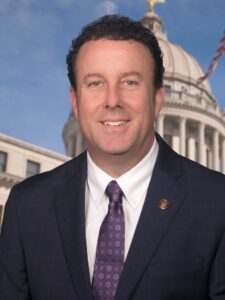
“So this one is to take down any antitrust requirements—there are antitrust provisions that go into this that may have limited (such ventures) in the past. Those will be removed by this legislation,” he said.
The bill drew criticism from the Mississippi Freedom Caucus, which is made up of conservative Republicans lawmakers. In a statement Thursday morning, the caucus claimed that the bill is a cover that “would specifically allow the government-owned University of Mississippi Medical Center to buy out rural and community hospitals.”
“This is an attempt at a complete government takeover of our hospital system in Mississippi,” Freedom Caucus Chairman Rep. Dana Criswell, R-Olive Branch, said in the statement. “This will create a huge government-protected monopoly, driving out competition and ultimately putting private hospitals out of business.”
In his remarks Wednesday, Hosemann blamed the financial troubles hospitals are facing on changing demographics, a stagnant Medicaid reimbursement model and an increase in the cost of health care.
“We have had changing demographics in Mississippi. We have migration, from one part of the state to the other, that has left us with some facilities that are overbuilt for the people that they’re serving,” he said.
“[O]ur hospitals are facing, clearly, a process in which their reimbursement rate has remained relatively static and their cost of business has skyrocketed—that’s come from both labor and nurses, of course, and as well as the other expenses and normal expenses of running any type of entity in our nation today, including inflation, which has hit them hard.


